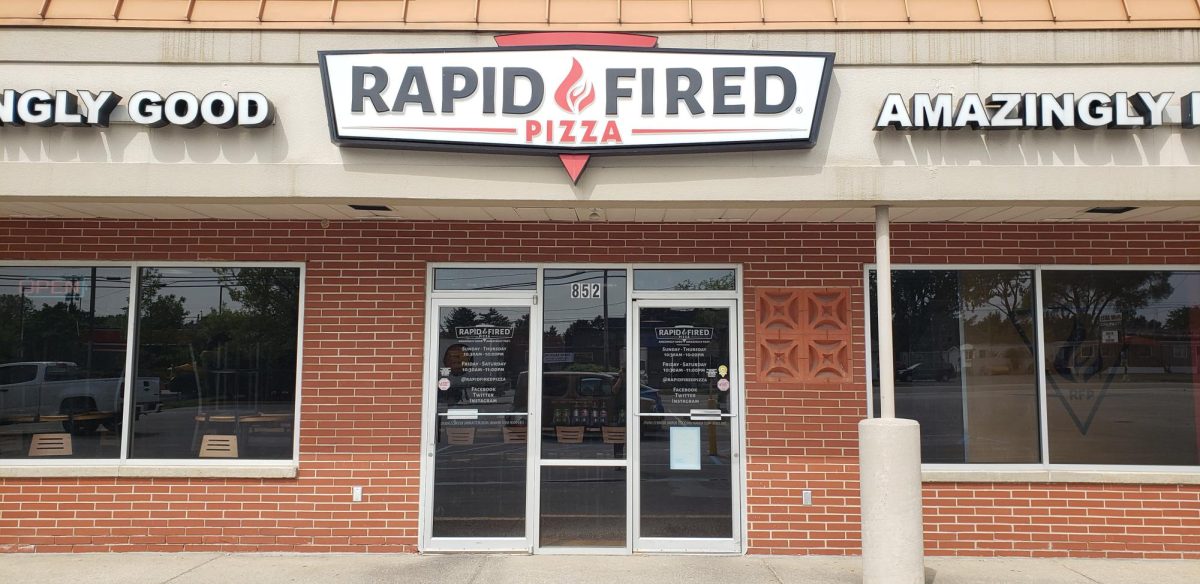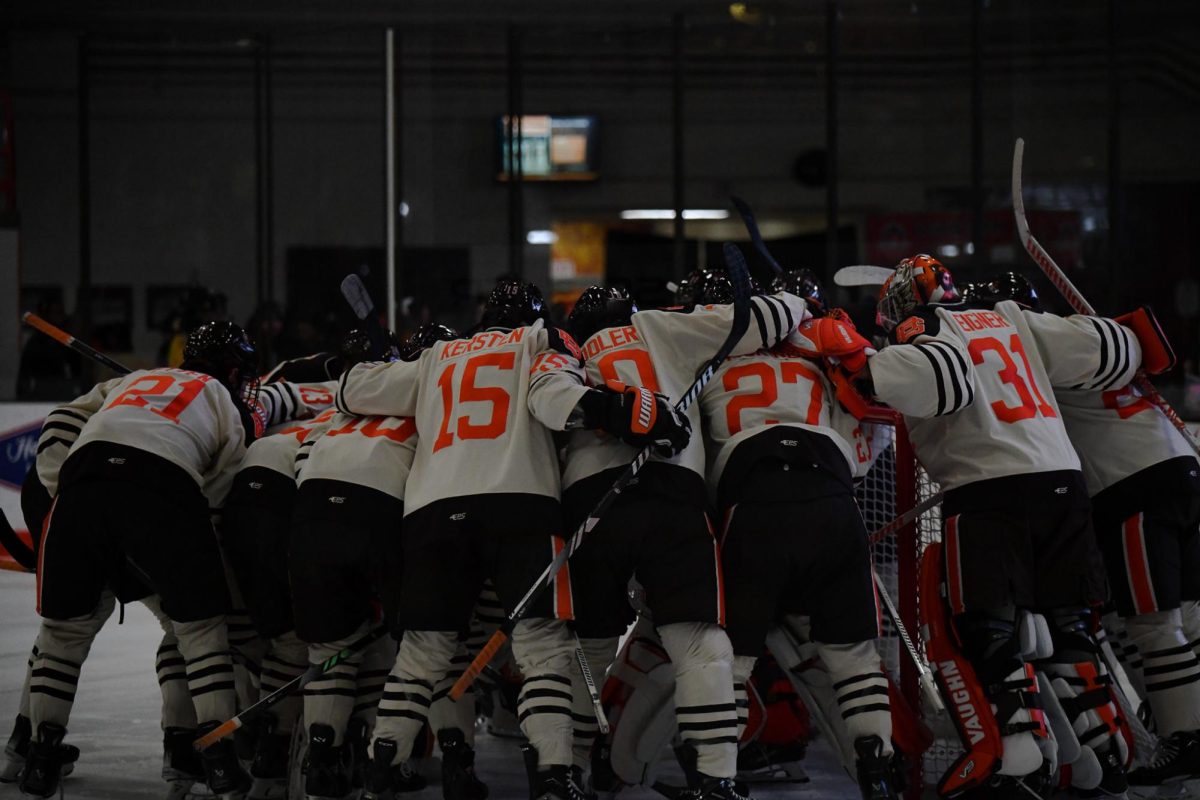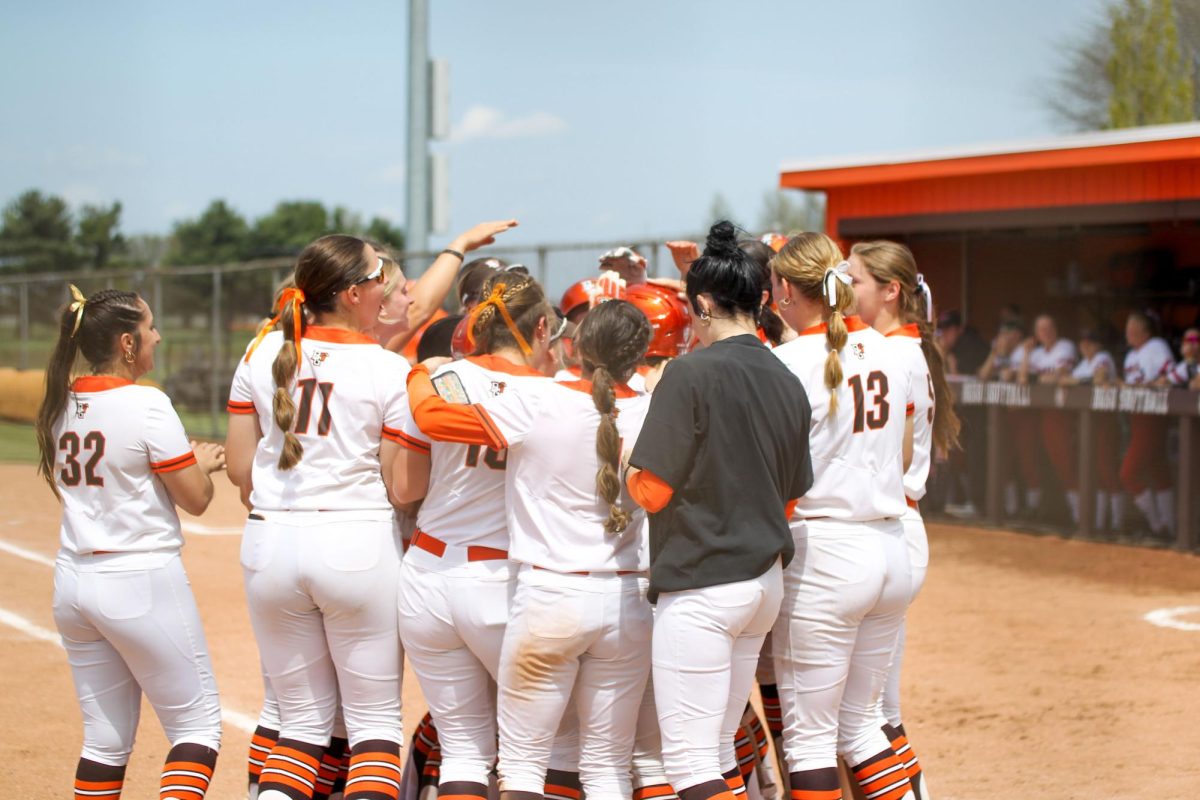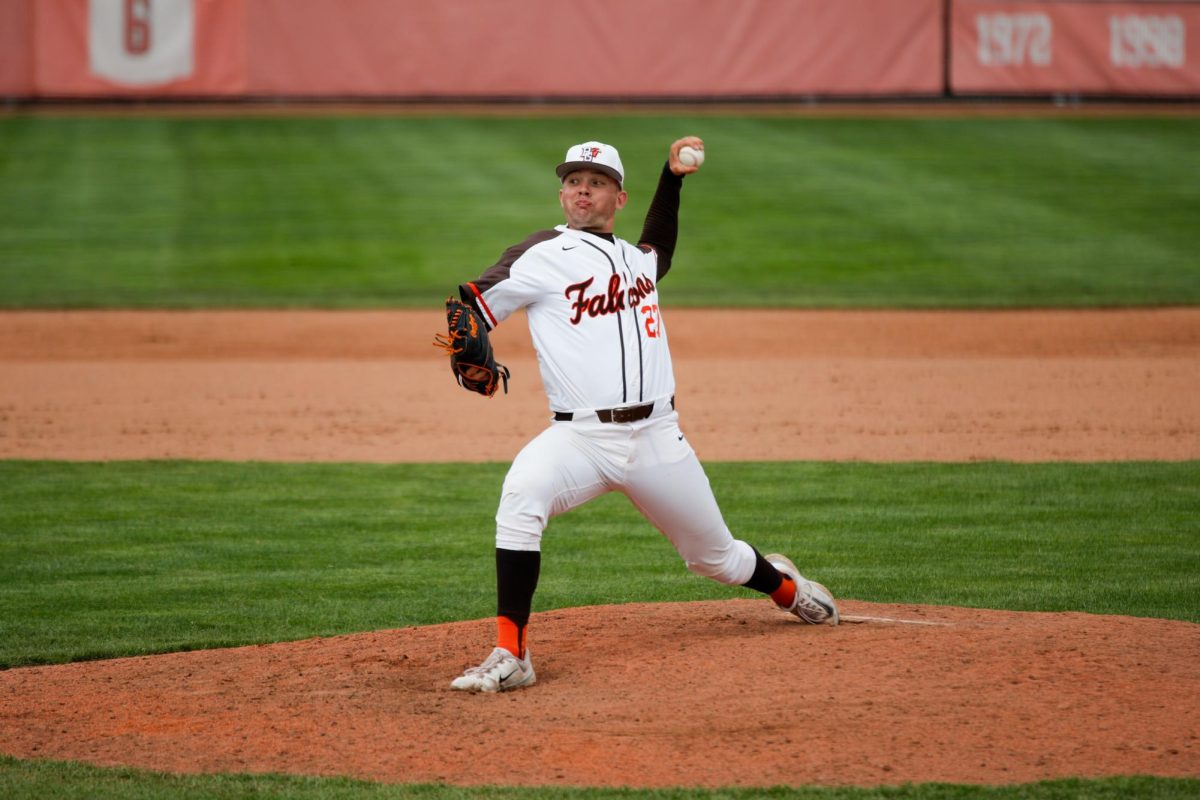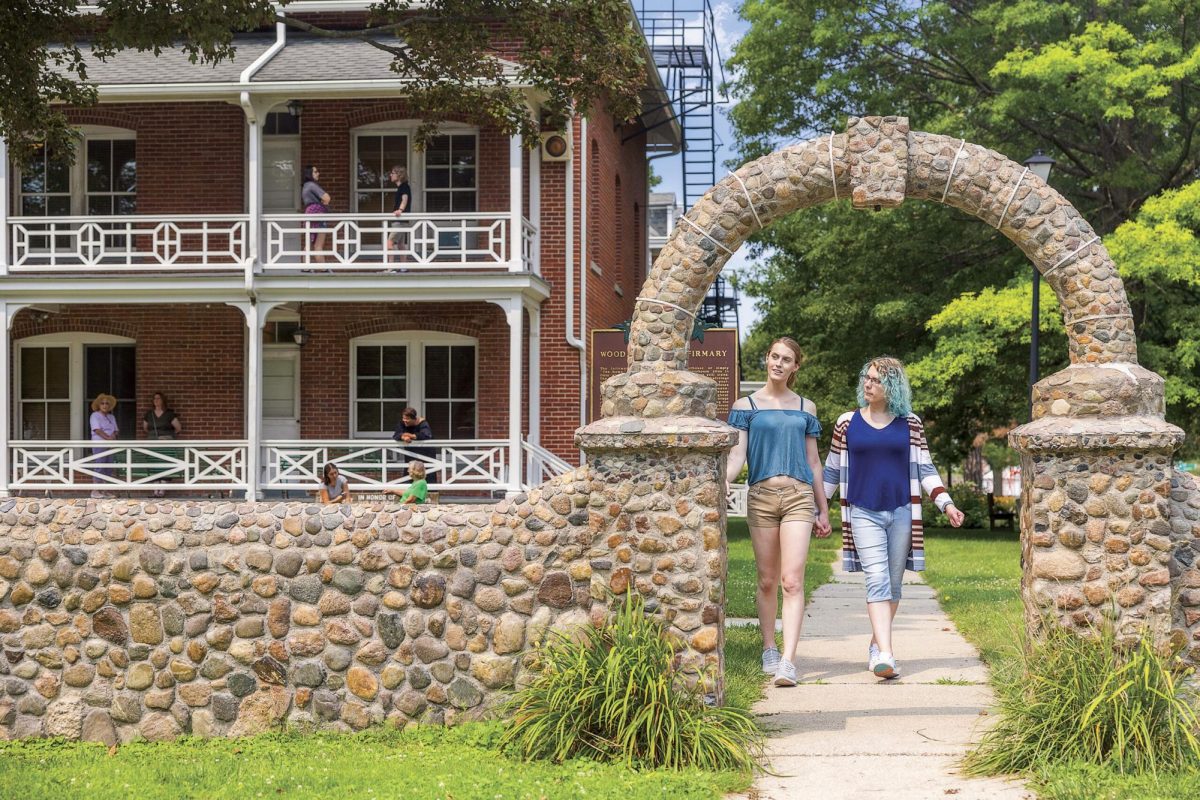When the federal government stopped funding the University’s Transformation Project earlier this year, the hope was that BGSU would pick up the tab.
But it can’t. And because of this, the program will fold Dec. 31, leaving the staff of three jobless.
Housed in the Women’s Center, the Transformation Project — which provides services for victims of sexual and domestic violence — was created four years ago as a fully-funded program at the University through a grant from the U.S. Department of Justice. When the government reduced the amount of the grant two years ago, the Office of Student Affairs stepped in, funding about 50 percent of the salary for the program’s victim advocate, with the grant covering the costs of the other two positions plus supplies.
The victims advocate salary is set at $35,344 for this year with the program’s community educator to receive $36,717 and a $20,636 salary for a part-time project coordinator, according to records from the Office of Finance and Administration.
But with Student Affairs looking at as much as $1.2 million in cuts with the start of the fiscal year on July 1, 2005, the office can’t afford to help a program that has been denied the majority of its funding, said Edward Whipple, vice president of Student Affairs. The office agreed last year to continue to partially fund the victim advocate position if the grant was renewed. The funds came from leftover “salary savings” from the previous year, Whipple said.
“Ideally, what we’d like to do, if we didn’t have a budget crisis, is fund the position,” he said. “But we don’t have that luxury. It’s sort of cruel … but we just don’t have the funds.”
Once grant funding is lost, it’s not unusual for universities to remove their funding if they can’t take on the whole program, Whipple said.
“We had temporary money and when you have that, it’s just that, it’s temporary,” he said. “Any grant funded positions … the funding is only guaranteed for the length of the grant.”
Right now Student Affairs, along with every other division on campus, is worried about next year’s numbers, Whipple said. His office is looking at layoffs and other cuts like restricted hours at the Union or the Student Recreation Center.
“In a budget crisis we also have to take care of our permanent employees, so that’s what we’re faced with right now,” he said. “Nothing is definite, but we have to have some reductions. I’m pretty emphatic, though, that at least in the Student Affairs area, that we minimize the impact on students.”
With tight budgets, the Office of Academic Affairs, which oversees the Women’s Center, can’t afford to fund the Transformation Project either, said John Folkins, provost and vice president of academic affairs. The office has been helping to fund part of the salary for the Center’s secretary, but can’t do any more.
“We’re really very sad that it’s not continuing. It’s a great program,” he said. “On a temporary basis, we’ve been able to pay [the secretary’s salary], but there was never an expectation that we could or should pay the whole thing.”
And in fact Student Affairs wasn’t obligated to help out as it did, Folkins said.
“It’s a good deed. They tried to help out,” he said.
Mary Krueger, director of the Women’s Center, says the University has been “quite generous” in its partial funding of the program while the government aims to “wean” programs like the Transformation Project off federal support to stand on their own.
Continuing to look for other grants, Krueger hopes to get the program up and running again within a year.
For now, the loss of the victim advocate position is causing the most concern among supporters of the program, Krueger said. The advocacy service typically sees about 100 individuals, the majority of them students, each year. Transformation Project services are also open to faculty, staff, alumni and their families. The service provides the only advocate for battered women in the county, Krueger said, though other services for rape victims are available.
“People are surprised that now that the [grant] funding was cut, the University wouldn’t fund the rest,” Krueger said.
It’s a concern that Craig Vickio, director of the Counseling Center on campus, shares. The Center has referred students to the “very helpful resource” for specialty care.
“Having a victim’s advocate on campus has served as a wonderful adjunct to our counseling services,” he said. “I believe that the Transformation Project has helped to contribute to the wellbeing and success of our students.”
Though Vickio’s hesitant to estimate the amount of increased traffic the Center may see when the Transformation Project ends, he knows the program will be missed. The Center, with six full-time psychologists, already sees about 650 students each year in more than 4,000 counseling sessions.
“It’s difficult to estimate how discontinuing the project will impact the number of students we see in the Counseling Center,” Vickio said. “I would imagine that no longer having an on-campus advocacy program would make it necessary for us to rely more heavily on the community’s ‘SAAFE’ program … In my perception, many of our University’s leaders are quite concerned with students’ wellbeing and their success. Unfortunately … we’re facing extremely challenging times economically, times that necessitate cutbacks and that require us to consider very innovative ways of generating funding and providing needed services.”






